Lupta împotriva duşmanilor încălzirii globale se ascute pe zi ce trece. Laboratoarele ONU prepară consens ştiinţific proaspăt conform planului cincinal. Al Gore se ocupă de partea artistică şi produce Godzilla climaterică. Comisia Nobel îl premiază pe Al Gore. Greenpeace are o armată de activişti şi două de avocaţi. Numeroşi oameni de ştiinţă (între 100 şi cîtă frunză cîtă iarbă) demonstrează incontestabil că apocalipsa e după colţ şi primesc fonduri generoase ca să-şi continue cercetările. La capătul conductei, presa împachetează şi varsă mesajul în capul meu şi al tău. Iar mesajul este: eu, tu, el şi ea sîntem de vină. Noi sîntem de vină că planeta are febră şi de aceea trebuie să intrăm de urgenţă în regim de penitenţă.
Dar duşmanii încălzirii globale continuă să susţină că termometrul este măsluit. Ca adevăraţi duşmani ai încălzirii globale şi prieteni ai omului, ei cred că o febră nu se tratează cu amputarea picioarelor. Specia noastra a supravieţuit adaptîndu-se, nu mutilîndu-se.
Nouăzeci şi nouă de oameni de ştiinţă au adresat secretarului ONU şi şefilor de state întruniţi la conferinţa de la Bali următoarea scrisoare deschisă.

Open Letter to the Secretary-General of the United Nations
Dec. 13, 2007
His Excellency Ban Ki-Moon
Secretary-General, United Nations
New York, N.Y.
Dear Mr. Secretary-General,
Re: UN climate conference taking the World in entirely the wrong direction
It is not possible to stop climate change, a natural phenomenon that has affected humanity through the ages. Geological, archaeological, oral and written histories all attest to the dramatic challenges posed to past societies from unanticipated changes in temperature, precipitation, winds and other climatic variables. We therefore need to equip nations to become resilient to the full range of these natural phenomena by promoting economic growth and wealth generation.
The United Nations Intergovernmental Panel on Climate Change (IPCC) has issued increasingly alarming conclusions about the climatic influences of human-produced carbon dioxide (CO2), a non-polluting gas that is essential to plant photosynthesis. While we understand the evidence that has led them to view CO2 emissions as harmful, the IPCC’s conclusions are quite inadequate as justification for implementing policies that will markedly diminish future prosperity. In particular, it is not established that it is possible to significantly alter global climate through cuts in human greenhouse gas emissions. On top of which, because attempts to cut emissions will slow development, the current UN approach of CO2 reduction is likely to increase human suffering from future climate change rather than to decrease it.
The IPCC Summaries for Policy Makers are the most widely read IPCC reports amongst politicians and non-scientists and are the basis for most climate change policy formulation. Yet these Summaries are prepared by a relatively small core writing team with the final drafts approved line-by-line by government representatives. The great majority of IPCC contributors and reviewers, and the tens of thousands of other scientists who are qualified to comment on these matters, are not involved in the preparation of these documents. The summaries therefore cannot properly be represented as a consensus view among experts.
Contrary to the impression left by the IPCC Summary reports:
z Recent observations of phenomena such as glacial retreats, sea-level rise and the migration of temperature-sensitive species are not evidence for abnormal climate change, for none of these changes has been shown to lie outside the bounds of known natural variability.
z The average rate of warming of 0.1 to 0. 2 degrees Celsius per decade recorded by satellites during the late 20th century falls within known natural rates of warming and cooling over the last 10,000 years.
z Leading scientists, including some senior IPCC representatives, acknowledge that today’s computer models cannot predict climate. Consistent with this, and despite computer projections of temperature rises, there has been no net global warming since 1998. That the current temperature plateau follows a late 20th-century period of warming is consistent with the continuation today of natural multi-decadal or millennial climate cycling.
In stark contrast to the often repeated assertion that the science of climate change is „settled,” significant new peer-reviewed research has cast even more doubt on the hypothesis of dangerous human-caused global warming. But because IPCC working groups were generally instructed (see https://ipcc-wg1.ucar.edu/wg1/docs/wg1_timetable_2006-08-14.pdf) to consider work published only through May, 2005, these important findings are not included in their reports; i.e., the IPCC assessment reports are already materially outdated.
The UN climate conference in Bali has been planned to take the world along a path of severe CO2 restrictions, ignoring the lessons apparent from the failure of the Kyoto Protocol, the chaotic nature of the European CO2 trading market, and the ineffectiveness of other costly initiatives to curb greenhouse gas emissions. Balanced cost/benefit analyses provide no support for the introduction of global measures to cap and reduce energy consumption for the purpose of restricting CO2 emissions. Furthermore, it is irrational to apply the „precautionary principle” because many scientists recognize that both climatic coolings and warmings are realistic possibilities over the medium-term future.
The current UN focus on „fighting climate change,” as illustrated in the Nov. 27 UN Development Programme’s Human Development Report, is distracting governments from adapting to the threat of inevitable natural climate changes, whatever forms they may take. National and international planning for such changes is needed, with a focus on helping our most vulnerable citizens adapt to conditions that lie ahead. Attempts to prevent global climate change from occurring are ultimately futile, and constitute a tragic misallocation of resources that would be better spent on humanity’s real and pressing problems.
Yours faithfully,
ps
În privinţa felului în care ONU elaborează rapoartele climaterice care ulterior devin evanghelii de necontestat:
The UN Climate Change Numbers Hoax
pps
SUA e constant admonestată deoarece a refuzat să ratifice tratatul Kyoto. SUA e cowboy-ul recalcitrant care poluează planeta. A doua afirmaţie e falsă din start iar prima dă apă la moară ideii că o semnătură pe o bucată de hîrtie e suficientă ca să-ţi crească aripi de înger ecologic. Ceea ce e şi mai fals.
Kyoto Schmyoto
ultimul ps
Eco-fascism:
Hillman, senior fellow emeritus at the Policy Studies Institute, says carbon rationing is the only way to ensure that the world avoids the worst effects of climate change. And he says that the problems caused by burning fossil fuels are so serious that governments might have to implement rationing against the will of the people.
„When the chips are down I think democracy is a less important goal than is the protection of the planet from the death of life, the end of life on it,” he says. „This has got to be imposed on people whether they like it or not.”






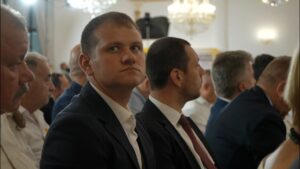





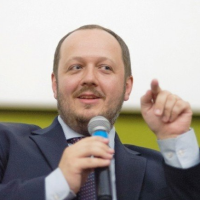
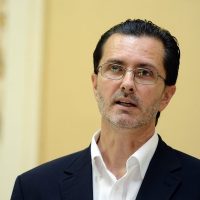

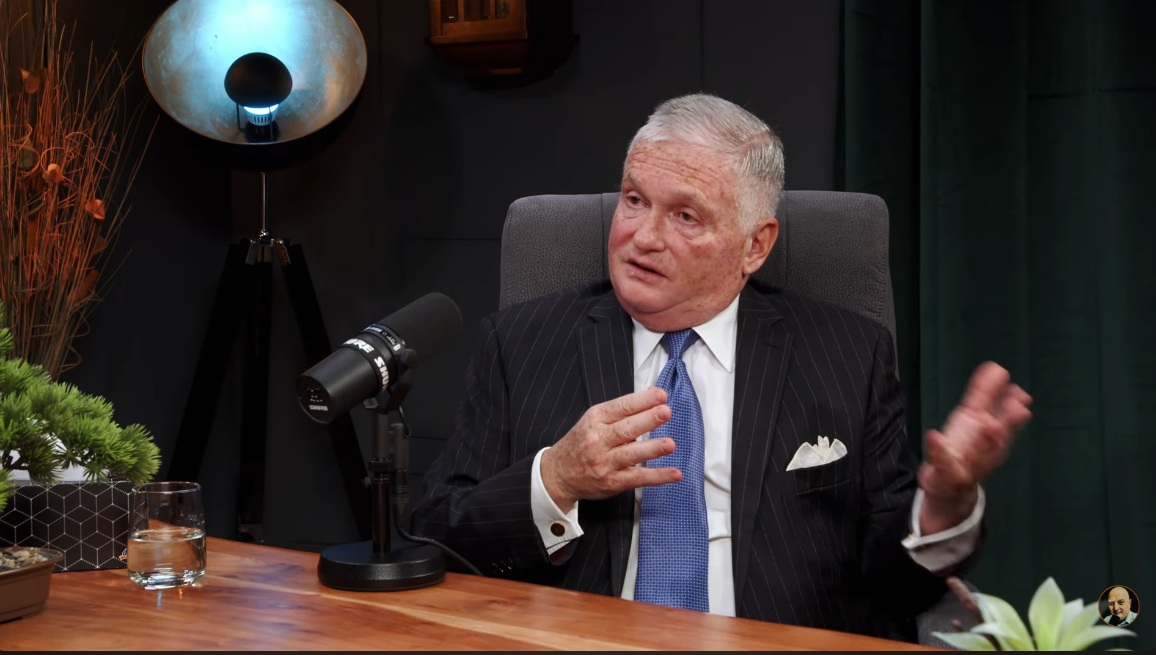

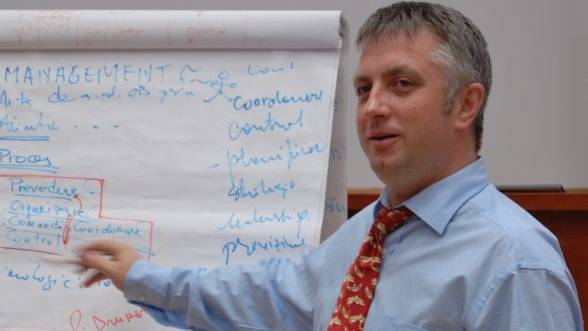
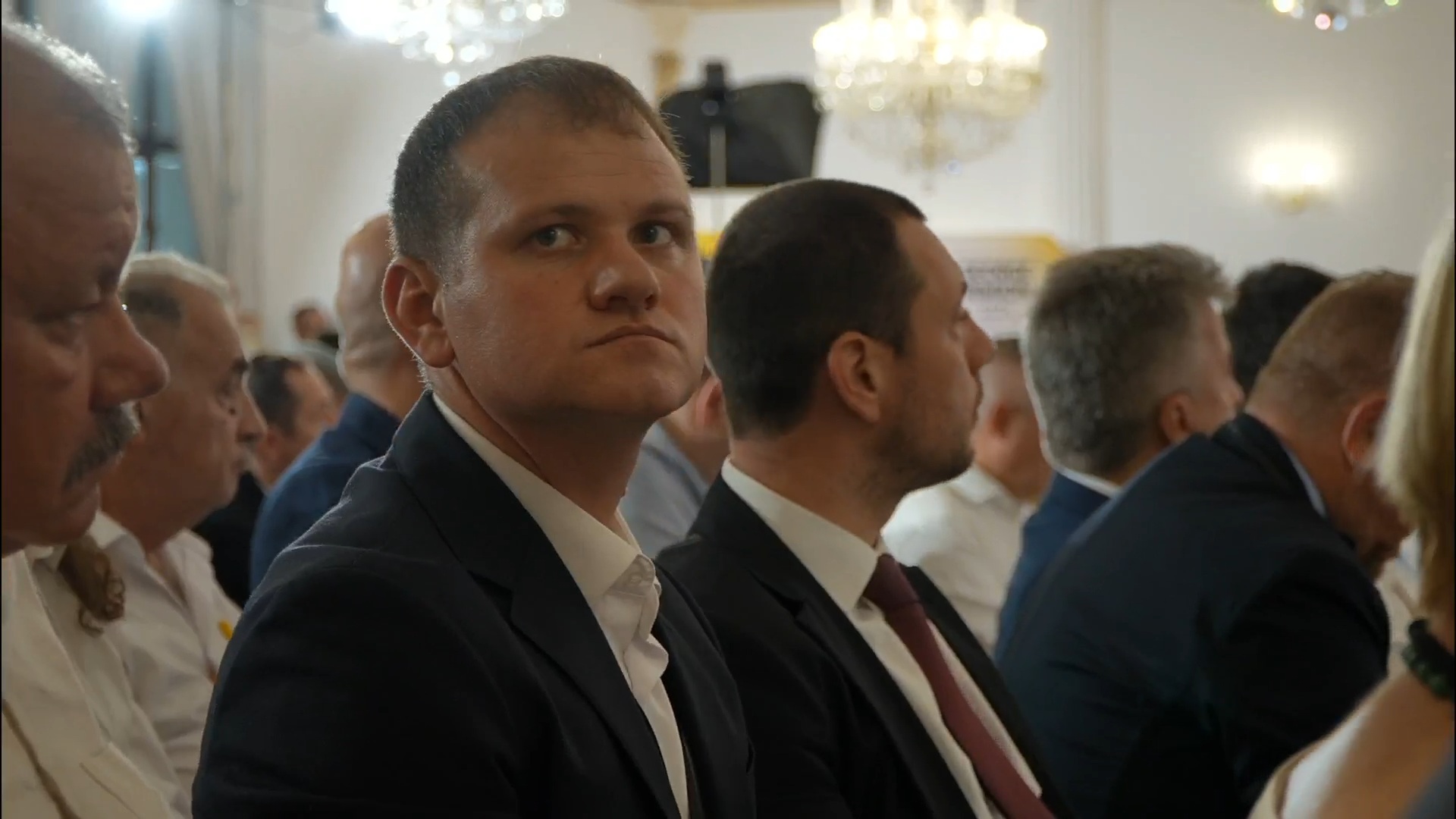

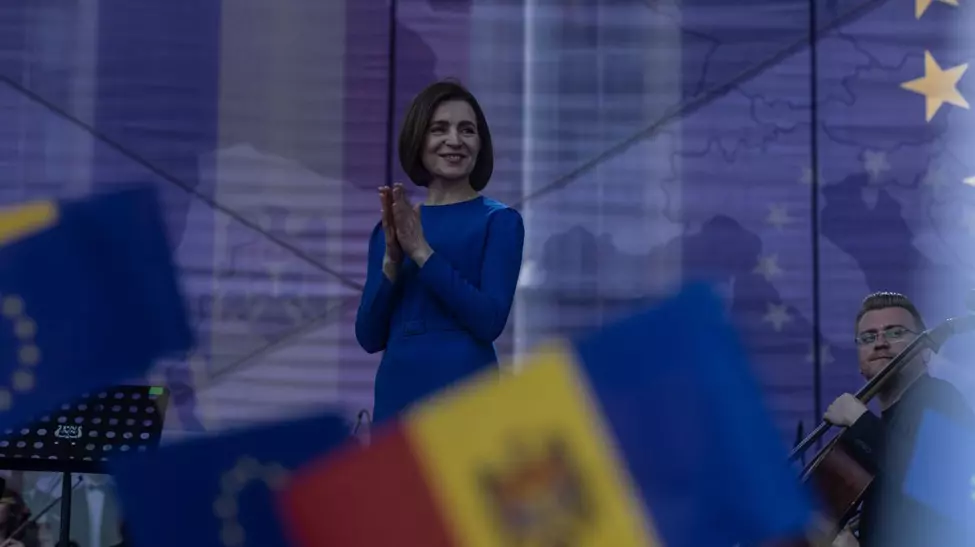
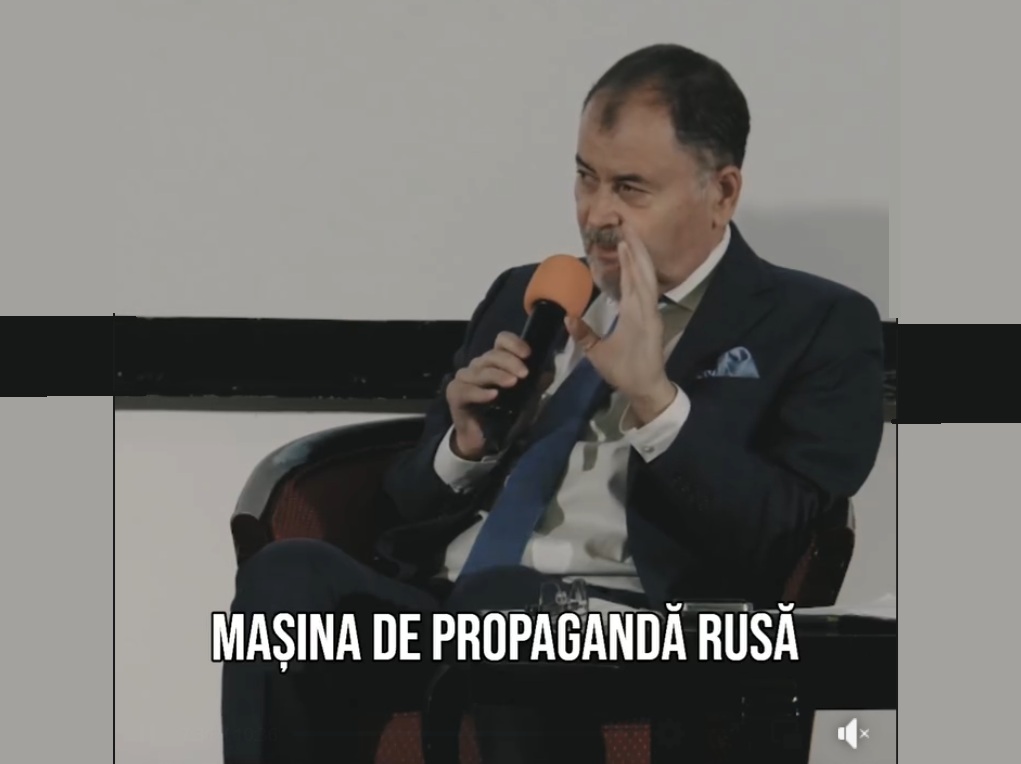



6 Comments
Grădinariu
15 December 2007Nu-i nimic, şi cei din lista semnatarilor vor fi trecuţi în lunga listă a colaboratorilor IPCC.
N-a fost de ajuns că jumătate din lume a suferit consecinţele centralizării economice, acum vom suferi cu toţii consecinţele centralizării… ecologice!
Scrisoarea arată bine cum (asemeni problemei sărăciei, care prin socialism economic a agravat şi mai tare sărăcia) socialismul ecologic va afecta şi mai rău planeta decât problema în sine (asta presupunând că ar fi vreo problemă).
Văd că blogul dvs. acoperă o arie largă de subiecte, nu e vorba numai despre musulmani. Felicitări!
emil
15 December 2007Multumim mult.
Francesco
15 December 2007Unde Esti tu, Gore doamne?
Numarul 928 al Revistei 22 din 18-24 decembrie 2007 cuprinde si un supliment cu un titlu ce iti taie rasuflarea:
Lumea cu si dupa protocolul de la Kyoto.
http://www.revista22.ro/html/i…..2007-12-18
Suplimentul trateaza intrunirea de la Bali (Indonezia) care a avut loc intre 3 si 14 decembrie 2007 , la care au participat nu mai putin de 10000 de persoane. Curat ecologism, coane Fanica!
Este o pledoarie eco-politicianista in toata regula, care incepe cu rabufnirea anti-capitalista si anti-USA a prof. Mircea Dutu. Prof. Dutu pune incalzirea globala pe seama „modelului capitalist”, altfel cum s-ar explica urmatoarea fraza ce vrea sa eludeze de responsabilitate China (stat formal comunist):”emisiile de GES ale tarilor industrializate au reinceput sa creasca dupa anul 2000, iar cele ale Chinei, in plin avant de recuperare a decalajelor si a dezvoltarii dupa modelul occidental dominant, au ajuns aproape sa le egaleze pe cele ale SUA. ” Deci modelul este de vina, anume modelul capitalist occidental. De ce? Pentru ca este dominant! Aceasta este explicatia pe care o da fostul procuror Mircea Dutu, fost redactor la Scanteia Tineretului si, culmea, primul bursier NATO al statului roman din 1990. CV-ul prof. Dutu se afla pe:
http://www.ueb.ro/cd/cv-md-rom.pdf
Dar prof. Dutu nu se opreste la incriminarea administratiei Bush si la exprimarea -logica- a convingerii ca o administratie democrata va schimba cursul istoriei. („Unde esti tu Gore doamne? Ca punand mana pe ei”…Pe cine? Pe capitalisti, pe republicani, pe aia raii!). In logica stramba ca tot ce vine de la (fosta) lume a treia este bun el scrie la capitolul remedii ale incalzirii globale ca: „Brazilia si Indonezia fac presiuni ca padurile tropicale sa fie incluse in viitorul acord, sub forma unei prime pentru defrisarea evitata.” Mai pe clar: platiti mult ca sa nu ne taiem padurile, ca de nu… Deci o conferinta care vrea sa descopere metode de santaj asupra occidentalilor. Domnule prof. Dutu, la Bali s-au spus si multe prostii, ar fi trebuit sa le cerneti putin, nu sa ni le transmiteti ca pe viitoate planuri de actiune. Ca de aceea (printre altele) administratia Bush n-a vrut sa semneze protocolul de la Kyoto, deoarece era prea putin normativ pentru tari ca India si China, tari ce nu respecta nimic in avantul lor impetuos pentru cucerirea economiei mondiale.
Imperialistu'
15 December 2007N-am avut placerea sa citesc articolul prof. Mircea Dutu. Va trebui sa mai astepte nitel. Nu din alt motiv, dar lectura textelor ecologiste nu este cea mai placuta posibil. Ai un puternic sentiment de deja vu de fiecare data cand iti arunci ochii pe asa ceva.
Am gasit (gratie Gates of Vienna
) cateva linkuri foarte interesante:
Science and Public Policy – Mockton Papers
The New Zealand Climate Science Coalition
The Pope condems the climate change prophets of doom
Salutara pozitia Vaticanului.
Costin
15 December 2007si inca un indiciu despre care este toata tevatura cu ONU:
http://www.youtube.com/watch?v=cq3K98QCTR0
despre cum a fost deturnat scopul initial al existentei ONU
emil
15 December 2007Salut Costin, abia acum observ comentariile tale. Clipul la care faci referinta nu are legatura cu subiectul postarii, dar e intr-adevar revelant pentru ce au ajuns sa insemne „drepturile omului” la ONU. Cred ca stii ce s-a intimplat la Durban, Africa de Sud, acum citiva ani, cu ocazia conferintei mondiale ONU dedicata drepturilor omului. Nu le-a ajuns, se planuieste un Durban 2.